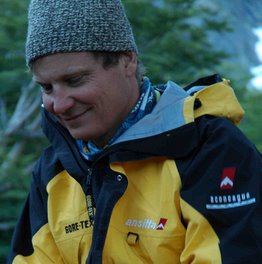Howard Rheingold: Where the Use of WEB 2.0 is Taking Us
Intyeresting interview of HowardRheingold on where the technology is taking us.
Howard Rheingold, chronicler of how technology changes the way we live, work and play, prognosticates how business leaders and organizations will change to adapt to the new technological realities. He argues that leaders will need to have an interdisciplinary understanding of issues, look to the youth in the company for innovation and believe that it is okay to fail. “The organization wall will need to become a permeable membrane" and be "ambidextrous" to stay competitive.


